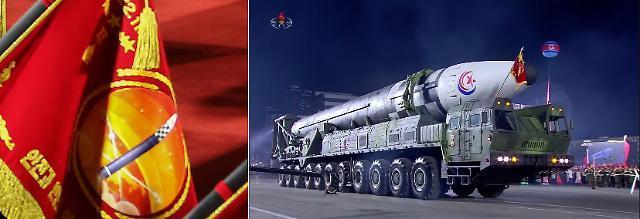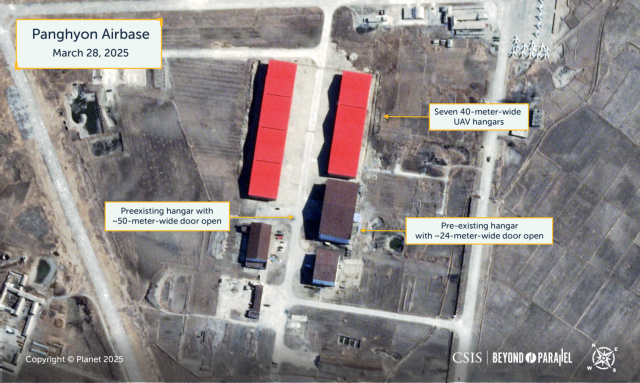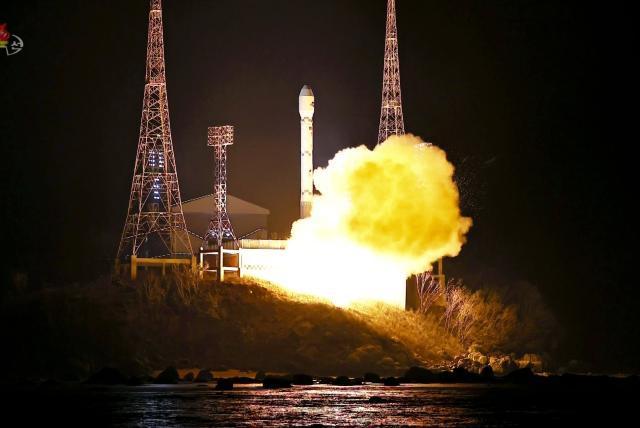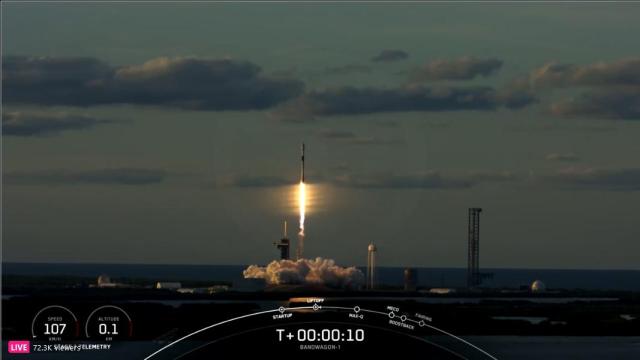
SEOUL -- North Korea has notified Japan that Pyongyang would attempt to launch its spy military satellite into orbit between November 22 and December 1. North Korea has tried to send its satellite into space in May and August but both attempts failed due to malfunctioning rockets.
Japan's state-operated broadcaster NHK reported on November 21 citing Pyongyang's statement that a North Korean rocket carrying a satellite will be launched between November 22 and December 1.
North Korea's last two attempts were fired from two different launch sites near the West Sea, also known by the name of the Yellow Sea, and ended up crashing into the sea surface before safely putting a satellite into orbit. South Korea's defense ministry predicted that the rocket would be launched in the early morning of November 22 as Pyongyang fired off rockets a day after it notified Japan.
On May 31, Seoul and other South Korean cities were woken up by sirens, and emergency warnings were sent out through smartphones after the South Korean military detected a projectile that was fired by North Korea at 6:27 a.m. (2127 GMT). Without disclosing the source of the threat, the text-based emergency notification urged citizens to take shelter at designated bomb shelters or evacuate to a safe area, making people very confused and extremely worried.
The projectile flew southwards from Dongchang-ri some 110 kilometers (68 miles) northwest of Pyongyang over Baekryeong Island, a South Korean island located near the Northern Limit Line. The defense ministry has identified and salvaged the remains of the crashed rocket in the sea some 200 kilometers west of Eocheong Island, located some 190 kilometers southwest of Seoul.
The second launch which took place in August did not cause as much havoc in South Korean society as it did the first time. According to the Korea Central News Agency (KCNA), Pyongyang's state-operated news agency, the new-type carrier rocket called "Chollima-1" carrying a reconnaissance satellite "Malligyong-1" was fired from a launch facility in Cholsan County which juts into the West Sea, also known as the Yellow Sea, on August 24. The satellites that crashed into the West Sea were spy satellites designed to monitor the military activities of the United States and its allies in real-time.
"Under the present situation brought by the reckless military acts by the U.S. and South Korea, we steadily feel the need to expand reconnaissance and information means and improve various defensive and offensive weapons and have the timetables for carrying out their development plans." Ri defended Pyongyang on launching a space rocket that could be mistaken by the international society for an intercontinental ballistic missile (ICBM). Ri Pyong-chol, vice-chairman of the Central Military Commission of the Workers' Party, said in a statement released through KCNA, a day before Pyongyang's first attempted launch of its spy satellite.
Copyright ⓒ Aju Press All rights reserved.





View more comments